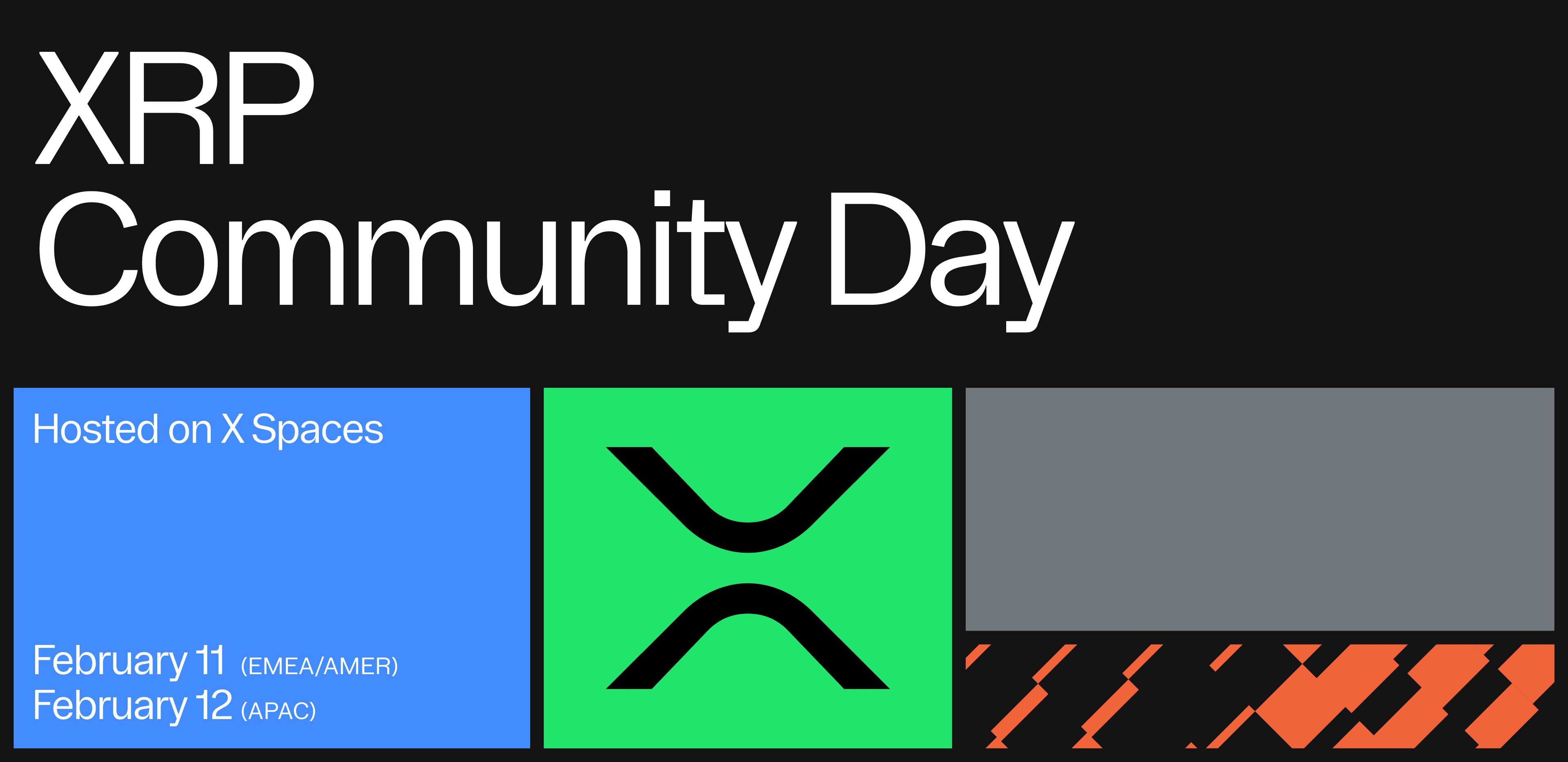Ripple is strengthening its commitment to academic innovation and blockchain research through new and renewed partnerships under its University Blockchain Research Initiative (UBRI). This next chapter includes the formation of an Advisory Council of world-class researchers, a new collaboration with the University of San Francisco (USF) and over $1.5 million in renewed university partnerships funded entirely in Ripple USD (RLUSD) — Ripple’s U.S. dollar-backed stablecoin.
Together, these initiatives underscore UBRI’s long-term vision: to advance blockchain research, education, and real-world applications by connecting the world’s leading universities with Ripple’s technology, reach and expertise.
Building the Next Era of Collaboration
UBRI has long been a cornerstone of Ripple’s investment in innovation, supporting more than 60 universities worldwide and committing over $80 million in research funding since 2018. Now, with the launch of Ripple’s Advisory Council, Ripple is formalizing a new structure for collaboration across its global academic network.
The council brings together XRP Ledger Co-Creator David Schwartz with an inaugural group of distinguished cryptographers and computer scientists hand-picked from across UBRI’s partner universities, including:
- Dr. Hitesh Tewari, Trinity College Dublin — Applied Cryptographer exploring zero-knowledge proofs on the XRP Ledger (XRPL)
- Dr. Yebo Feng, Nanyang Technological University — Researching blockchain security, privacy, and AI systems on XRPL
Dr. Hyunok Oh, Hanyang University — Leading work on zk-SNARKs and privacy-preserving cryptography - Dr. Radu State, University of Luxembourg — Focused on smart contracts, network management, and cybersecurity
The Advisory Council will advance technical innovation and research that are directly relevant to Ripple’s products and explore topics critical to the evolution of XRPL, including but not limited to research areas around zero-knowledge virtual machines, DeFi adoption, and the long-term impact of quantum computing on blockchain systems.
“For blockchain to truly evolve, we need a constant exchange of ideas between those building the technology and those studying its future,” said David Schwartz, Chief Technology Officer at Ripple. “Through UBRI and Ripple’s new Advisory Council, we’re deepening that collaboration, bringing together academic researchers and Ripple engineers to explore new applications for XRP and its native chain that can ultimately move this growing ecosystem forward.”
Partnering with the University of San Francisco
That spirit of collaboration extends to Ripple’s newest UBRI partner, the University of San Francisco (USF), where legal scholars, technologists and students are working together to explore how blockchain can be applied to public service.
Over the next two years, the project at USF’s Center for Law, Tech, and Social Good will examine how state-level blockchain legislation can support innovation, with the goal of publishing public-facing research and policy recommendations. Complementing this work, USF’s Department of Computer Science will establish a new XRPL Hub, a validator that will contribute to the decentralized nature of the XRP Ledger and also serve as a hands-on learning platform for students.
By connecting research, policy, and technology, Ripple’s partnership with USF reflects what UBRI does best: bridging academia and industry to turn new ideas into real-world solutions.
Michele Neitz, Director of the Center for Law, Tech, and Social Good, noted that “USF's partnership with UBRI offers our students the opportunity to engage with blockchain technology from both technical and policy perspectives. It represents a convergence of our Center's core values--encouraging the next generation of lawmakers and leaders to think about technology, society, and the law in a balanced way.”
Funding Innovation with Ripple USD (RLUSD)
Ripple is also modernizing how it supports research by championing the very innovation it catalyzes. In 2025, more than $1.5 million in renewed UBRI grants have been distributed in Ripple USD (RLUSD), marking the program’s transition to fully funding partnerships through Ripple’s own dollar-backed stablecoin.
Renewed partners include leading institutions such as the University of Michigan, University of Wyoming, UC Berkeley, University of São Paulo, and Duke University—each continuing research that advances blockchain and fintech innovation across disciplines.
To deliver these grants, Ripple partnered with Bitso and Engiven to provide compliant on- and off-ramps for universities, ensuring each institution could receive funds seamlessly while maintaining transparency and compliance. The process also gave participating universities tangible, hands-on experience with digital asset platforms and crypto exchanges, preparing the next generation of researchers, developers, and policy leaders to confidently put blockchain technology into practice.
Powering Research That Shapes the Industry
Across more than 60 universities worldwide, UBRI continues to drive cutting-edge research, from Imperial College London’s study on stablecoins and the UK’s financial future, to Stanford’s multi-year dataset proving stablecoin payments outperform traditional rails in speed and cost.
These partnerships—paired with the new Advisory Council and RLUSD-powered funding model—demonstrate how Ripple is helping bridge theory and application, research and product, education and innovation. Ripple is reinforcing the idea that innovation starts with education and grows through collaboration.
Learn more about UBRI or explore the 2025 research highlights report.







